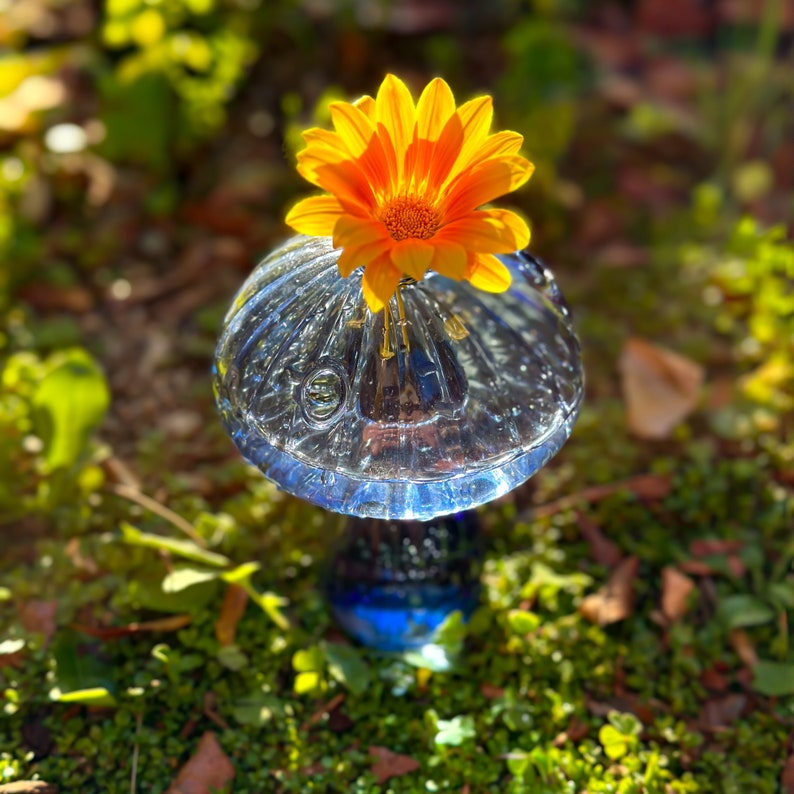In recent years, environmental awareness has become a key driver in consumer behavior. As people become more mindful of the impact their purchases have on the planet, they seek sustainable, eco-friendly alternatives to mass-produced goods. One category that has seen a significant rise in demand is handmade products. Handmade goods not only offer unique designs and superior craftsmanship but also provide various environmental benefits that appeal to eco-conscious consumers. This article explores the eco-friendly advantages of choosing handmade products and why they’re a better choice for those looking to reduce their environmental footprint.
Reduced Environmental Impact of Production
Handmade products, particularly those crafted through traditional methods, typically have a smaller environmental footprint compared to mass-produced items. Artisans use fewer resources than large-scale manufacturers. Handmade items are usually produced in smaller quantities, significantly reducing waste and resource depletion. For example, a handcrafted glass mushroom bud vase not only offers a unique and charming ornament for any space but also represents an eco-friendly choice, as it is made with minimal energy use and no heavy machinery.
Ethically Sourced and Sustainable Materials
Many artisans take great pride in using ethically sourced, sustainable, and natural materials in their products. This commitment not only ensures higher-quality items but also reduces environmental impact. By avoiding synthetic, non-biodegradable materials, handmade goods are often biodegradable, recyclable, or made from renewable resources. Common eco-friendly materials in handmade products include:
✅ Recycled glass – reducing waste and conserving natural resources
✅ Natural fibers – for textiles and home decor
✅ Reclaimed wood or bamboo – for furniture and decor
✅ Plant-based dyes – for clothing and decorative items
The handcrafted glass mushroom bud vase is made from 100% recycled glass, ensuring that no harmful chemicals are used in the process and that the material is sustainably sourced.
Less Waste and Overproduction
One of the major environmental issues with mass production is overproduction and the resulting waste. Large factories often produce goods in vast quantities, leading to excess stock that may never be sold and ultimately ends up in landfills. Handmade businesses, however, tend to operate on a much smaller scale, producing only what is needed or made to order. Each handcrafted glass mushroom bud vase is a one-of-a-kind piece, ensuring that no excess items are produced, reducing waste significantly.
Lower Carbon Footprint
A significant environmental benefit of handmade products is their typically lower carbon footprint. Mass manufacturing often involves the transportation of raw materials to factories, followed by shipping finished goods over long distances to retailers. This whole supply chain contributes heavily to carbon emissions. Handmade goods, particularly those produced by local artisans, usually have a shorter supply chain. Many artisans source materials locally, which further reduces transportation-related emissions. Additionally, consumers can often purchase handmade items directly from the maker, eliminating the need for middlemen and further reducing the carbon footprint.
Eco-Friendly Packaging
Packaging is one of the largest contributors to environmental waste, particularly plastic packaging prevalent in mass-produced goods. Many handmade businesses are leading the way in adopting eco-friendly packaging practices, such as using recycled or biodegradable materials and minimizing unnecessary packaging. Artisans often use:
🌿 Recyclable paper for wrapping products
🌿 Biodegradable materials like kraft paper or jute
🌿 Recycled cardboard boxes for shipping
🌿 Compostable packaging made from plant-based materials
The handcrafted glass mushroom bud vase is carefully packaged with eco-friendly materials, ensuring it reaches its destination safely while minimizing waste.
Support for Local and Sustainable Economies
When consumers buy handmade products, they are not only purchasing an item but also supporting a local artisan or small business. This helps strengthen local economies and provides livelihoods for artisans who often use sustainable and ethical production methods. By choosing the handcrafted glass mushroom bud vase, you are helping to support artisans who create unique, eco-friendly products while promoting ethical craftsmanship.
Longer Lifespan and Durability
Handmade products are crafted with care and attention to detail, resulting in high-quality items that last longer than their mass-produced counterparts. Durable, well-made products reduce the need for frequent replacements, which helps reduce waste and overconsumption. The handcrafted glass mushroom bud vase is designed to be a timeless piece, ensuring that it will last for many years without the need for replacement, thus reducing waste.
Personal and Emotional Value
Handmade goods often carry a personal and emotional value that mass-produced items simply cannot replicate. When consumers buy handmade products, they often support a cause or an artisan’s livelihood, which adds deeper meaning to the item. Each handcrafted glass mushroom bud vase is not only a charming decorative item but also a symbol of the artisan’s dedication and skill, adding a personal connection to any home.
Conclusion
Handmade products offer a wide range of eco-friendly benefits, from reduced environmental impact in production to the use of sustainable materials, lower carbon footprints, and eco-friendly packaging. By choosing handmade, consumers are not only investing in unique, high-quality items but also supporting local artisans and contributing to a more sustainable and eco-friendly future. If you’re looking to add a little charm to your home, consider choosing handcrafted glass mushroom bud vases for your space. These charming, eco-friendly vases bring warmth and elegance to any corner while making a meaningful contribution to a greener planet. 🌍💚

